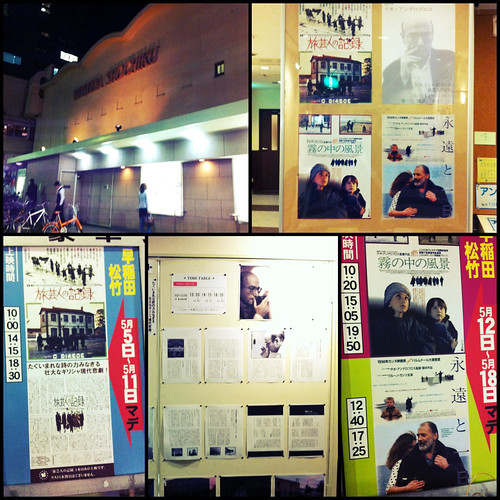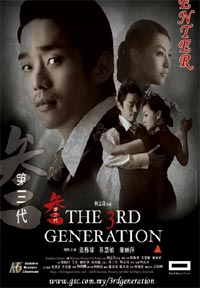Recently, as I was finishing up a making-of documentary that I was working on in the past few months, I decided to do some research on other great making-of documentaries. It's always great to seek inspiration from the masters, and I was also thinking of an Andrei Tarkovsky documentary that I watched on Youtube a year or two ago, Directed by Andrei Tarkovsky.
Thanks to Cinephilia & Beyond's comprehensive article on documentaries of Andrei Tarkovsky, I learnt of a great Youtube channel which had uploaded some really great Tarkovsky interviews and documentaries.
Thanks to Cinephilia & Beyond's comprehensive article on documentaries of Andrei Tarkovsky, I learnt of a great Youtube channel which had uploaded some really great Tarkovsky interviews and documentaries.




![[Exhalation] Sayuri (Tomoe Shinohara) contemplates as Naoko (Kiki Sugino) is asleep](http://farm5.static.flickr.com/4088/5135863742_58e96687f9.jpg)

